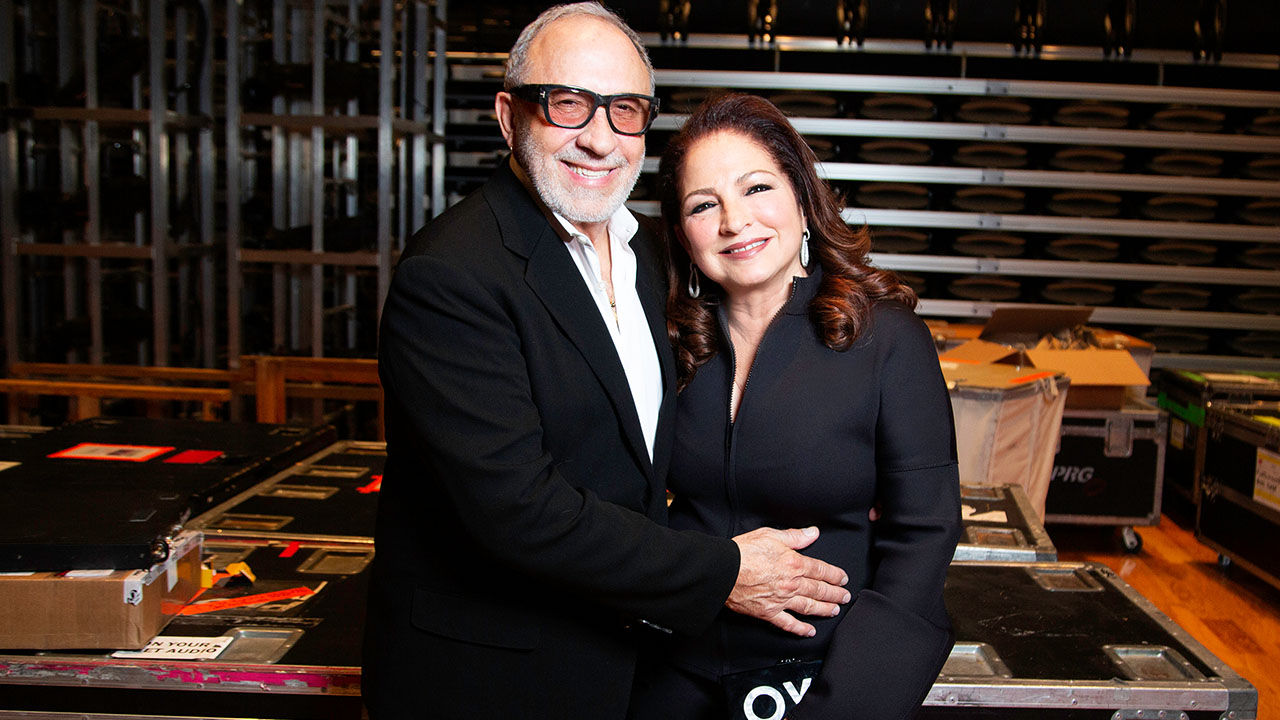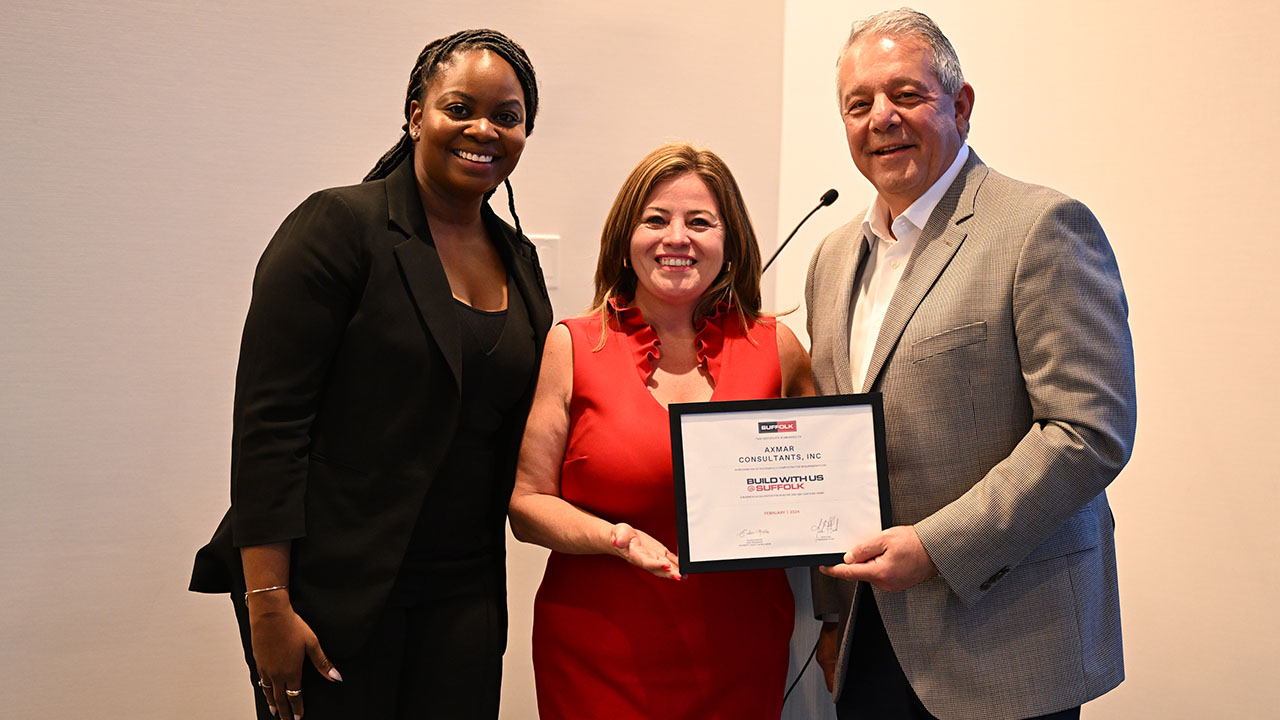Dear Mr. Berko: Our neighbor, who had two wonderful dogs, confided to me that in the several years before their deaths, he spent over $27,000, with two veterinarians caring for them. My sister has a macaw. She had to take it to a vet who is a bird specialist and spent $2,300 to heal the bird. I didn’t realize so much money is spent on animal care. Could you recommend a growth stock in this field? I’d like to invest $6,000. I’m a 52-year-old self-employed engineer. I am a long-term investor and manage $386,000 in my retirement account (enclosed), which is down considerably. I’d appreciate your suggestions. — AK, Moline, Ill.
Dear AK: Your portfolio stinks. It’s a kluge of 37 high-yield, low-quality, strange-name crap that best belongs down the cludgie. This market is too complicated to go it alone, even for engineers. You must employ a knowledgeable, wise and experienced professional to help you build assets for the future. If you continue managing this account, your retirement years will be miserable. Hurry quickly!
Pets are the only domesticated animals I like. My friend Jason got his two dogs, Laurel and Hardy, from an animal shelter. They were a mixed breed he calls “Heinz 57.” Laurel and Hardy passed to doggy heaven 17 years later (within a week of each other), and in 17 years, Jason spent less than a grand on vet bills. However, Jason tells me, but for Laurel and Hardy, he might have spent thousands of dollars on antipsychotics. Those pooches were his psychiatrists.
Check out PetMed Express Inc. (PETS-$19.06), a $235 million-revenue nationwide pet pharmacy that does business as PetMeds and 1-800-PetMeds. PETS sells prescription and nonprescription medications plus other related products via internet sales, which constitute 73 percent of revenues, a call center, which generates 20 percent of revenues, and direct mail, which is 7 percent of sales. About 50 percent of revenues derive from nonprescription meds, vitamins and specialty products, while the remaining 50 percent derives specifically from prescriptions written by veterinarians.
PETS has about 200 employees, zero debt, no preferred shares, no retirement plan obligations, 21 million shares outstanding and a 76-cent dividend yielding 4.2 percent. PETS’ revenues have grown from $109 million in 2001 to an expected $235 million this year — an average annual growth of 5.5 percent. PETS’ operating margins are averaging about 14 percent, and management expects those margins to exceed 17 percent by 2020. Since 2011, net profit margins have convincingly improved, from 7.5 percent to 9.2 percent. Management has a 10.9 percent goal by 2020. And since 2011, earnings have also grown nicely, from 80 cents a share to $1.05, and they are expected to reach $1.45 a share by 2020. The dividend, which began in 2009 at 30 cents, has been raised every year, and Value Line and BlackRock think it could be 90 cents by 2020. That would be a 5 percent yield on today’s price.
Management redesigned its advertising focus, which for many years successfully depended on TV to generate revenues. Several years of declining results plus hugely rising TV advertising costs encouraged management to reduce its TV budget and focus on a new technology, called database marketing. Nine months ago, management also changed the focus of its advertising to target high-value medications and preventives, as opposed to the more common and low-profit flea and tick control. It’s working. During those nine months, management watched the average order size improve by 3.2 percent year over year, to $78.41. And the costs to acquire such customers fell from $46 to just under $41. This is significant because it generated over 2,000 new customers and PETS hadn’t had higher year-over-year customer counts for several years. This bodes well for PETS’ future revenues, income and stock price.
PETS is a quality modest-growth, long-term investment. Wall Street believes that the shares could trade at the $25 level in a few years and that 40 percent growth is an easy target to wait for while receiving a 4 percent and growing dividend. So buy the stock and reinvest all the dividends, joining Vanguard, State Street, Royce, American Funds and others who believe as I do.
Please address your financial questions to Malcolm Berko, P.O. Box 8303, Largo, FL 33775, or email him at mjberko@yahoo.com. To find out more about Malcolm Berko and read features by other Creators Syndicate writers and cartoonists, visit the Creators Syndicate website at www.creators.com.
COPYRIGHT 2016 CREATORS.COM














